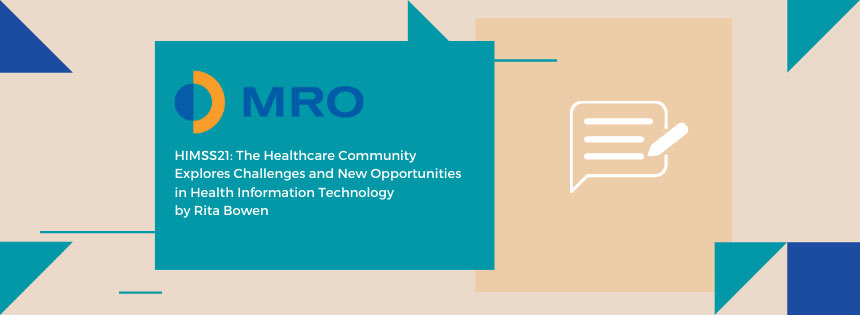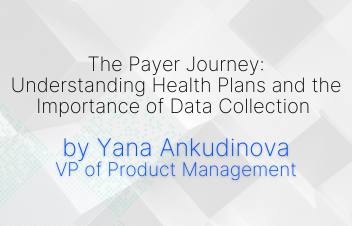
Despite ongoing pandemic woes, HIMSS21 attracted a community of resilient attendees, ready to collaborate and share ideas to support innovation and change in our national health ecosystem. Topics included artificial intelligence and machine learning, cybersecurity, information security, privacy data and analytics, telehealth, interoperability, patient engagement, access to information, and more.
Interoperability
One of the most important topics addressed at this year’s conference was interoperability. The HIMSS Interoperability Showcase™ Education Sessions offered comprehensive coverage of a variety of issues such as “Enhancing Exchange to Meet the Needs of the Patient.” This session highlighted the exchange of reliable health data as an essential element of interoperability and “critical to the improvement of individual patient care and public health.”
In a related session, “U.S. Regulations Aimed at Achieving Interoperability,” a panel of policy leaders and experts discussed the details of recent interoperability-centric legislation and the impact on patients. Panelists also considered the privacy and security concerns in broader information sharing and suggested immediate next steps to advance efforts around equity and interoperable data exchange.
Based on my experience, the biggest challenge we face going into 2022 is the need for a consistent description of the designated record set (DSR). Provider organizations are having difficulty determining what the DSR includes and how to make it flow seamlessly from different systems. The intent of interoperability is for the patient to be able to obtain or download information from the patient portal without manual effort. Any electronic health data used to make healthcare decisions about an individual should be easily accessible to that person. HIMSS, CHIME, AHIMA and others are working to define consistent content for the DSR in a manner that supports and prioritizes the interoperability of the data.
Six Health and Information Technology Takeaways to Consider
Representing MRO’s recently acquired company FIGmd, Thirumalai Rajagopal (“Raj”), President, Payer and Enterprise Solutions, summarized the following areas of interest covered at the conference.
Pandemic-driven solutions include telehealth and virtual care, interoperability and access to data, mental health issues and access to care, and remote patient monitoring.
Explosion of telehealth and virtual care provides options to receive care at home, with specialty focus as well as general care.
Interoperability push during the pandemic has accelerated the need for timely, secure access to data. The path is clearer when a patient needs access to their data, and less clear on governance controls for access by other stakeholders.
Artificial intelligence (AI) and Natural Language Processing (NLP) push for interoperability and other use cases focuses on processing of free text and notes fields.
Data and analytics push aligns with renewed focus on population health, whole person analytics and aggregation of clinical data required for interoperability.
Digital health progress is accelerating with an influx of funding, but some legacy organizations are still behind.
Requests for clinical information are steadily increasing in both volume and complexity. Collective concerns revolve around the realization that the healthcare system is more than fragmented. It’s broken. As a joint company, MRO and FIGmd are pursuing the next generation clinical data platform to support the future of healthcare through the evolution of use cases highlighted at HIMSS21.
To hear more about FIGmd and MRO at HIMSS21, watch Raj’s HIMSSTV interview here.
To learn more about how MRO applies award-winning services and knowledge of data security to protect the personal, clinical, and financial wellbeing of healthcare providers and patients, visit our website today.



